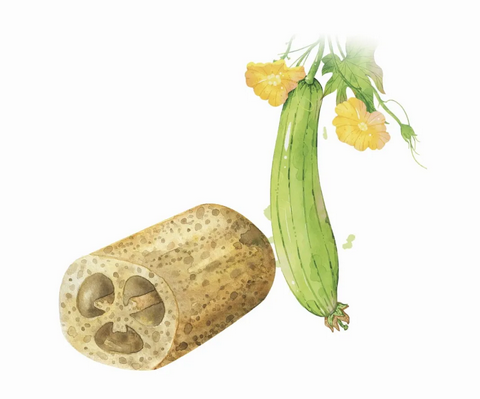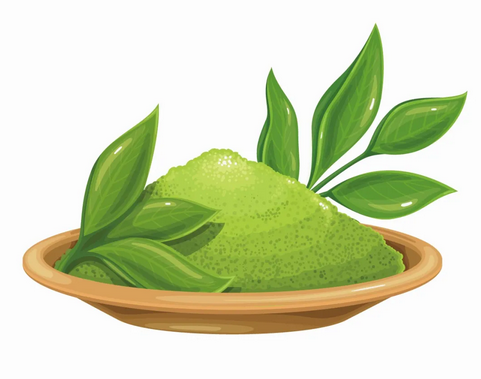




- BRNN
- BRI News
- BRNN News
- Database
Official Documents Polices and Regulations
Inter-government Documents International Cooperation BRI Countries
Business Guide Economic Data BRI Data
Trade
Investment Projects Latest projects
Cases - Content Pool
Late at night in a bustling e-commerce office at the e-commerce industrial park in Shangcheng county, Xinyang, central China's Henan Province, the constant ping of online orders received for loofahs, a natural sponge for cleaning, filled the air. Yang Shujuan, a post-90s graduate who returned to her hometown to start a business, beamed with excitement.
Yang said the county's loofahs, common in rural areas, are now flying off the shelves overseas, adding that a loofah is priced at over $10.

Shangcheng county, located in the Dabie Mountains, is neither coastal nor border-adjacent. Yet, it has carved out a path from local farmlands to international markets, developing over 60 different products, including cleaning supplies, cultural and creative products, and pet toys. The industry has helped over 3,000 locals find jobs and earn an extra yearly income of more than 5,000 yuan on average per person.
In 2024, the county's loofah products generated 37 million yuan ($5.1 million) in e-commerce sales, reaching over 50 countries and regions.
"I wanted to use my professional knowledge to help fellow villagers sell specialty agricultural products," Yang said.
Yang led a post-90s team to grow sponge gourds and sell loofahs in 2016. Her venture has grown from a six-person team to a company of more than 80 employees. Yang's team has explored a business model that integrates the internet, cooperatives and farmers, managing over 10,000 mu (about 666.67 hectares) of sponge gourds. It has established sponge gourd planting bases in 12 towns and townships.
In 2023, Yang's team built a 3,000-square-meter factory to process loofah products and established its own design and marketing teams.
Meanwhile, another agricultural success story is brewing in Jiangkou county, Tongren, southwest China's Guizhou Province.
"Since resuming work on Feb. 5, we've been racing to fulfill overseas orders, including matcha to Japan, Canada, Saudi Arabia, and other countries and regions," said Lan Fangqiang, deputy general manager of Guizhou Gui Tea Group Co., Ltd.
Relying on the world's largest matcha production facility at the company's industrial park in Jiangkou county, Guizhou matcha was exported to over 40 countries and regions in 2024.

Government support has been crucial to the success of the matcha industry in Guizhou. In 2018, the province issued guidelines to establish provincial standards for the production of Guizhou matcha. In 2022, Guizhou rolled out subsequent policies to boost the scale and strength of the matcha industry.
At present, Guizhou Gui Tea Group Co., Ltd. produces over 1,200 tonnes of matcha annually, with the output value reaching 302 million yuan.
This year, Guizhou plans to advance major projects including the building of matcha food processing facilities to further extend the matcha industry chain.
From Xinyang's loofahs to Tongren's matcha, Chinese agricultural products are expanding their global footprint with unique value and precise market positioning. Both have continuously refined production, processing, packaging, and branding, winning consumer trust and securing a foothold in the international market. These humble rural products, infused with cultural significance and commercial value, are writing a new chapter in China's agricultural development, highlighting the continuous spirit of innovation in Chinese agriculture.

Tel:86-10-65363107, 86-10-65368220, 86-10-65363106